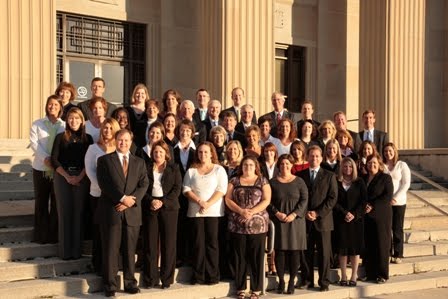 |
| Wyles Johnson, Jr. |
Well, there is a “rest of the story” regarding Medicaid nursing home benefits. People sometimes engage in effective planning to protect assets during their lifetime, only to lose those same assets upon their death. For Medicaid purposes, some assets are excluded for eligibility purposes, including the primary residence, one automobile, certain life insurance policies, all household goods and personal effects. This means that the State of North Carolina cannot touch these assets while you are receiving benefits.
Now for the rest of the story. These assets are excluded only during your lifetime, not after you are gone. At the time you become eligible for Medicaid nursing home benefits, Medicaid establishes an account in your name and bills that account for every dime it spends on your behalf. Upon your death, all these that were excluded at the time you applied for benefits become part of your estate. If you received benefits after reaching age 55, the State of North Carolina will have a statutory claim against your probate estate for the value of all such benefits Medicaid paid on your behalf. This process is called “estate recovery”. Even if you have a will, the assets in your estate cannot be distributed to your beneficiaries until the claim is satisfied. The practical result is that these assets often must be sold to pay off the claim, leaving little to nothing for your family members. Under certain circumstances, estate recovery is waived.
You can potentially prevent recovery against your estate by holding title to certain assets and designating life insurance beneficiaries in such a way so those assets do not end up in your probate estate, but instead pass automatically to those whom you want to get them at your death. The rules regarding Medicaid nursing home benefits and estate recovery are exceedingly complex, so be sure to hire an attorney experience in elder law and asset protection to help you.
And now you know the rest of the Medicaid nursing home benefits story.
Wyles Johnson, Jr.
Attorney At Law
Wyles's practice is concentrated in commercial law, general civil litigation, complex business litigation and construction law. His work also has an emphasis on issues encompassed by elder law including Medicaid Planning and Eligibility. In 2009, Wyles earned accreditation for preparation, presentation, and prosecution of claims for veterans benefits before the Department of Veteran Affairs. The above article is not intended as legal advice nor does it create any attorney-client relationship


This is great. Apart from ltc insurance, Medicaid can ensure the security of your loved one.
ReplyDelete